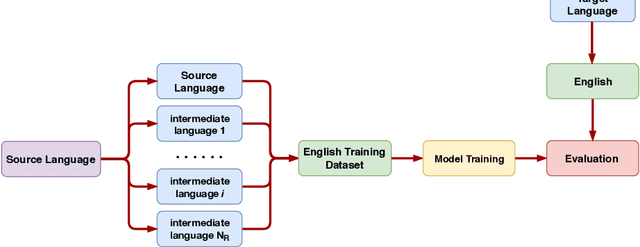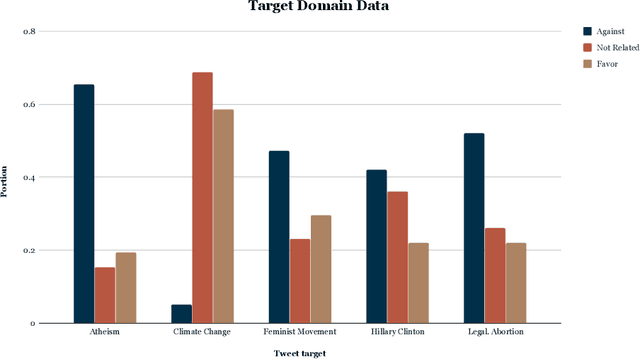Gcinizwe Dlamini
A Meta-analytical Comparison of Naive Bayes and Random Forest for Software Defect Prediction
Jun 27, 2023



Abstract:Is there a statistical difference between Naive Bayes and Random Forest in terms of recall, f-measure, and precision for predicting software defects? By utilizing systematic literature review and meta-analysis, we are answering this question. We conducted a systematic literature review by establishing criteria to search and choose papers, resulting in five studies. After that, using the meta-data and forest-plots of five chosen papers, we conducted a meta-analysis to compare the two models. The results have shown that there is no significant statistical evidence that Naive Bayes perform differently from Random Forest in terms of recall, f-measure, and precision.
* 11 pages, 8 figures, Conference Paper
Bridging the Domain Gap for Stance Detection for the Zulu language
May 06, 2022



Abstract:Misinformation has become a major concern in recent last years given its spread across our information sources. In the past years, many NLP tasks have been introduced in this area, with some systems reaching good results on English language datasets. Existing AI based approaches for fighting misinformation in literature suggest automatic stance detection as an integral first step to success. Our paper aims at utilizing this progress made for English to transfers that knowledge into other languages, which is a non-trivial task due to the domain gap between English and the target languages. We propose a black-box non-intrusive method that utilizes techniques from Domain Adaptation to reduce the domain gap, without requiring any human expertise in the target language, by leveraging low-quality data in both a supervised and unsupervised manner. This allows us to rapidly achieve similar results for stance detection for the Zulu language, the target language in this work, as are found for English. We also provide a stance detection dataset in the Zulu language. Our experimental results show that by leveraging English datasets and machine translation we can increase performances on both English data along with other languages.
 Add to Chrome
Add to Chrome Add to Firefox
Add to Firefox Add to Edge
Add to Edge